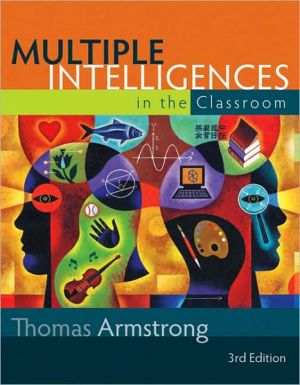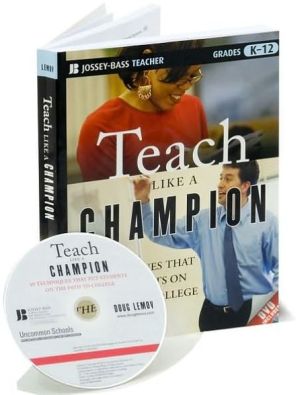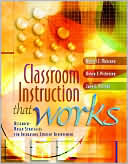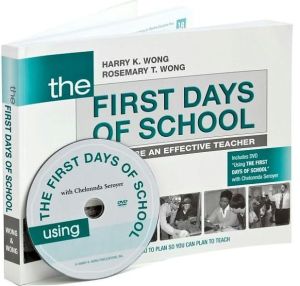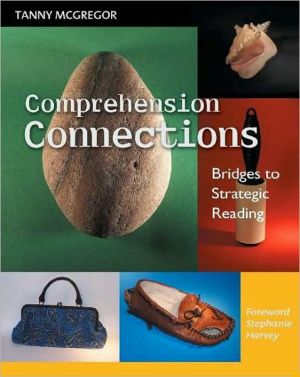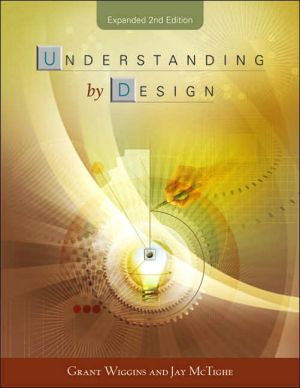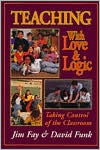Multiple Intelligences in the Classroom, 3rd Edition
"To respect the many differences between people"—this is what Howard Gardner says is the purpose of learning about multiple intelligences (MI) theory, which holds that the human mind is composed of eight intelligences—linguistic, logical-mathematical, spatial, bodily-kinesthetic, musical, interpersonal, intrapersonal, and naturalistic—plus a possible ninth (existential). This updated 3rd edition of Multiple Intelligences in the Classroom, Thomas Armstrong's bestselling practical guide for...
Search in google:
To respect the many differences between people —this is what Howard Gardner says is the purpose of learning about multiple intelligences (MI) theory, which holds that the human mind is composed of eight intelligences—linguistic, logical-mathematical, spatial, bodily-kinesthetic, musical, interpersonal, intrapersonal, and naturalistic—plus a possible ninth (existential). This updated 3rd edition of Multiple Intelligences in the Classroom, Thomas Armstrong's bestselling practical guide for educators, includes two new chapters that address the worldwide reach of MI and rebut some common criticisms of the theory.This new edition includes updated information and resources throughout the text to help educators at all levels apply MI theory to curriculum development, lesson planning, assessment, special education, cognitive skills, educational technology, career development, educational policy, and more. The book includes dozens of practical tips, strategies, and examples from real schools and districts. Armstrong provides tools, resources, and ideas that educators can immediately use to help students of all ages achieve their fullest potential in life.
AcknowledgmentsPreface by Howard GardnerIntroduction to the 3rd Edition1: The Foundations of MI Theory2: MI Theory and Personal Development3: Describing Intelligences in Students4: Teaching Students About MI Theory5: MI Theory and Curriculum Development6: MI Theory and Teaching Strategies7: MI Theory and the Classroom Environment8: MI Theory and Classroom Management9: The MI School10: MI Theory and Assessment11: MI Theory and Special Education12: MI Theory and Cognitive Skills13: Other Applications of MI Theory14: MI Theory and Existential Intelligence15: MI Theory and Its Critics16: MI Theory Around the GlobeAppendixesA: Related MI ResourcesB: Related Books on MI TeachingC: Examples of MI Lessons and ProgramsReferences IndexAbout the Author
